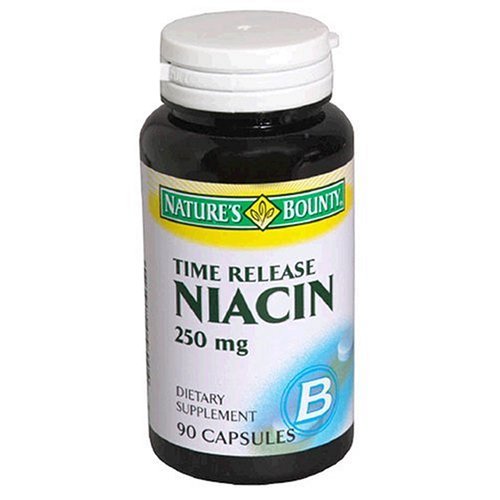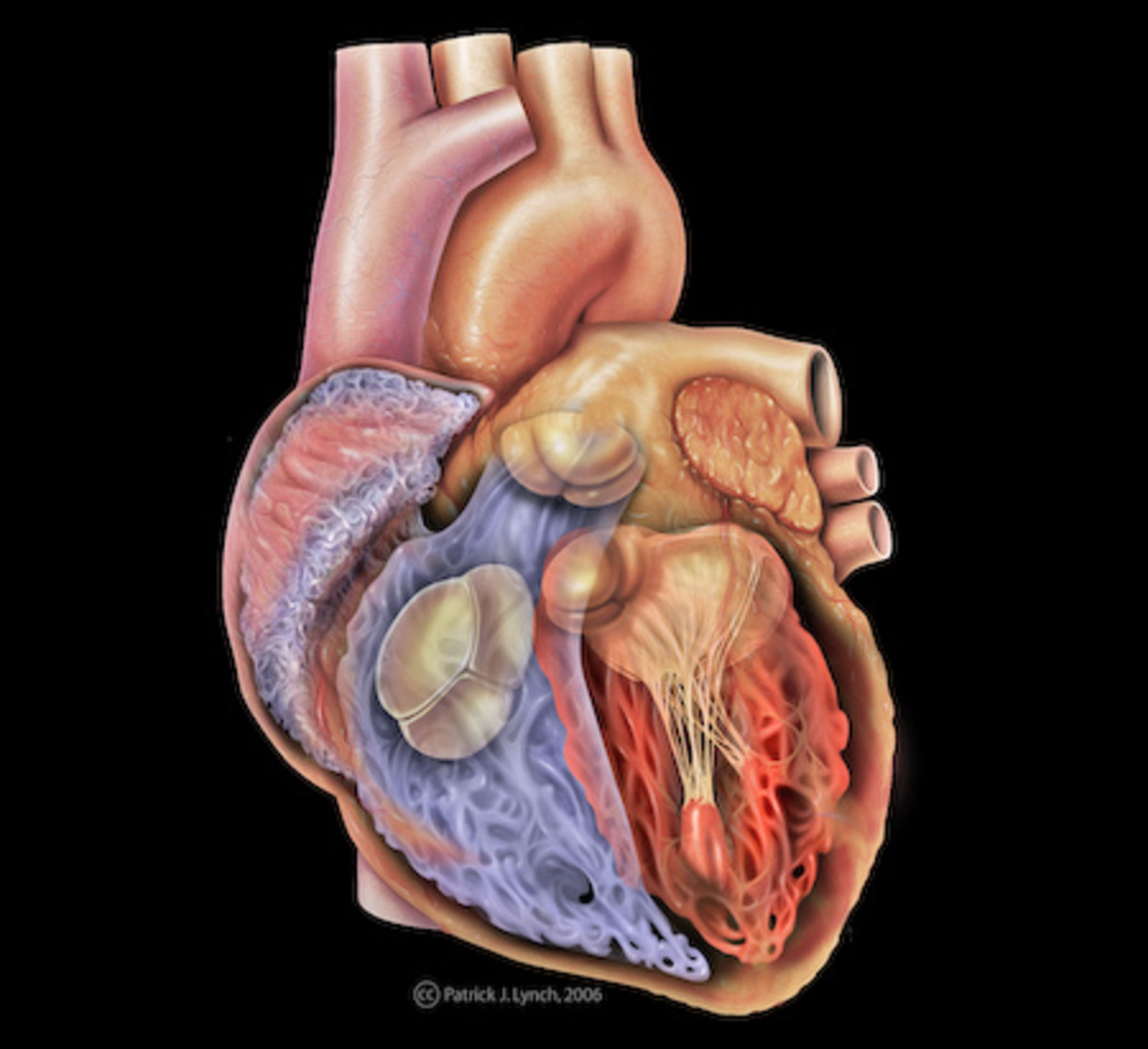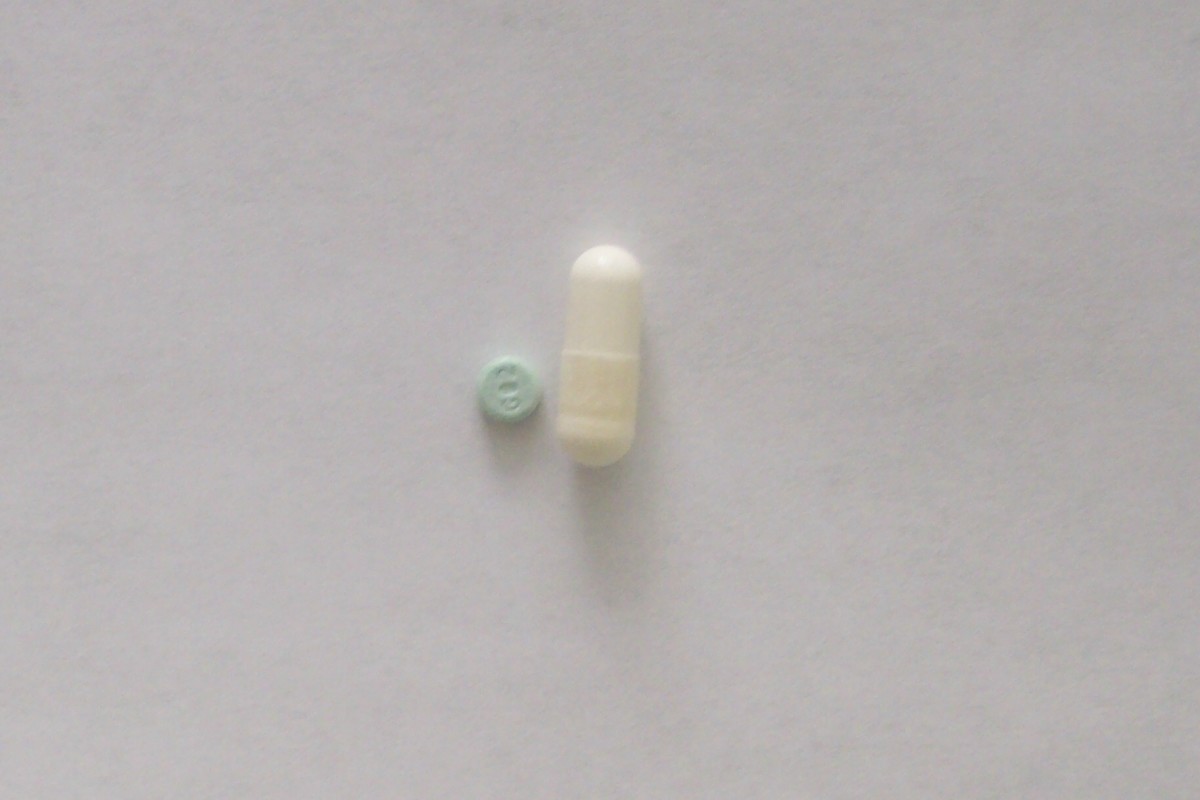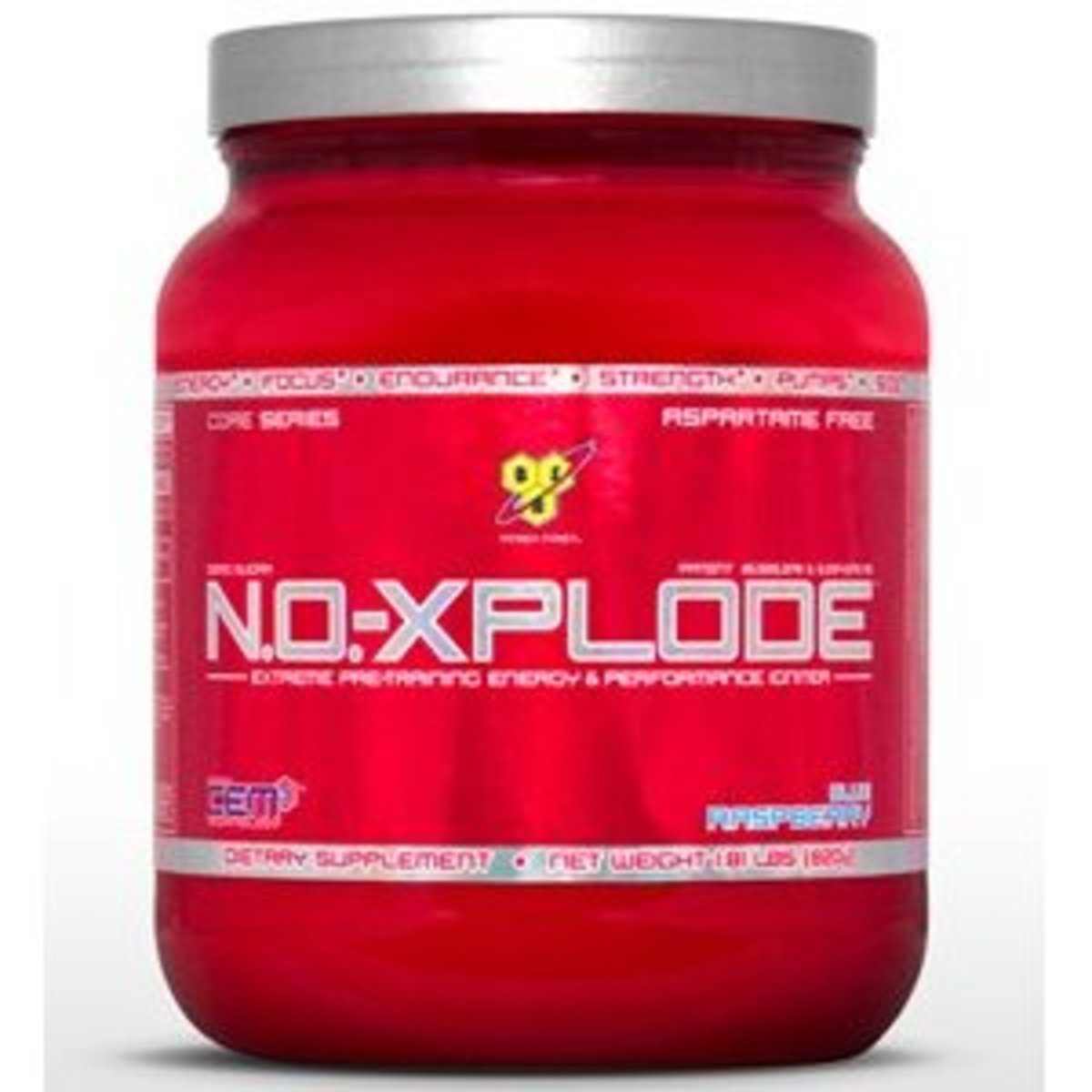Should You Be Taking Niacin?
An overview of niacin diet supplements
Several months ago, my doctor suggested I start taking niacin. My LDL cholesterol – the “bad” cholesterol – was fine, but my HDL cholesterol, the “good” cholesterol, was too low. I discovered that it’s a lot easier to lower your bad cholesterol than it is to raise your good cholesterol. Exercise is one way to do it, so I began doing daily exercises in my hot tub, and when it got warm enough, I started swimming every day. My HDL cholesterol went up a couple of points, but it needed a bigger boost, so I started taking niacin with my other dietary supplements.
What is niacin?
Niacin is one of the B vitamins – more specifically, it’s known as vitamin B3 or nicotinic acid. It’s one of the essential nutrients that humans need for good health. Because it’s water soluble, niacin cannot be stored in the body, so it must be replenished often.
How is niacin beneficial?
Niacin is an important part of metabolism. It helps convert carbohydrates in the diet to energy that the body can utilize. It also helps with the conversion of fats and proteins, although to a lesser extent. Niacin is also necessary for a healthy digestive system, circulatory system, and nervous system, along with healthy hair, eyes, and nails.
Niacin packs a triple punch for your cardiovascular system. Niacin has the ability to raise the level of HDL cholesterol by more than 30%. This is the good cholesterol that cleans the bloodstream of bad cholesterol. While raising your HDL cholesterol, niacin can also lower your LDL cholesterol by as much as 20%. Niacin can also have a beneficial effect on triglycerides – it lowers these dangerous lipids in the body by as much as 25%.
Niacin has also been shown to lessen the symptoms of osteoarthritis by decreasing joint pain and stiffness and increasing mobility.
New studies suggest that niacin dietary supplements might help reduce the effects of aging on the skin, but further research is needed to confirm the initial findings.
More and more people are undergoing detoxification, and many include niacin as part of their detox supplements. Detox supplements are vitamins that have the ability to help rid the body of potentially dangerous or unhealthy substances that can build up in our bodies. Many people believe that niacin detox supplements help break down fats so that they can be flushed from the cells.
Niacin and diabetes
Niacin has a mixed effect on type 2 diabetes. Most diabetics have high levels of triglycerides and LDL cholesterol, and niacin can help reduce these. On the other hand, niacin can raise blood sugar levels, which could be dangerous for those with diabetes. If you have diabetes, don’t take niacin supplements before talking about it with your physician. Only he can determine if niacin would be beneficial to you.
Side effects of niacin
Some people experience side effects from taking niacin. The most common is “flushing.” Flushing might include a sudden warm feeling, redness, or tingling on or under your skin. This is harmless and often goes away once your body adjusts to the extra niacin it’s getting.
Niacin might also make you feel “lightheaded” when you first start taking it, especially if you stand up too quickly from a sitting position. Headaches from taking niacin supplements have also been reported.
Who shouldn’t take niacin?
Niacin isn’t for everyone. Some people are allergic to nicotinic acid, so of course, these people shouldn’t take niacin supplements. Also, those with severe liver disease or stomach ulcers, along with any other type of bleeding, should not take niacin.
Niacin is considered a Category C for pregnant women. So if you’re pregnant or breastfeeding, be sure to talk to your doctor before taking niacin supplements.
Niacin should not be taken with certain prescription medications. Check with your doctor to find out how niacin might affect any drugs you’re taking. Some of these include tetracycline, alpha-blockers for hypertension, anticoagulants, Isoniazid for tuberculosis, and drugs used in the treatment of diabetes.
How much niacin do I need?
The general daily recommendation for adults is 16mg for men and 14mg for women. Remember, this is per day. Since niacin is a water-soluble vitamin, it’s not stored in the body. It’s eliminated via the kidneys. If you have unhealthy levels of HDL cholesterol or triglycerides, your doctor might recommend higher dosages of daily niacin.
Niacin is found naturally in lean meats, poultry, fish, nuts, dairy products, and eggs. Smaller amounts are found in cereals, breads, and legumes.
Regardless of your present health, you should always consult your doctor before taking any dietary supplements.
Where to buy supplements
You can find supplements in drug stores, health stores, and in many grocery stores. For the largest selection and the best prices, buy supplements online.
Read more about dietary supplements:
- HGH: Miracle or Myth
You've probably heard a lot in the news lately about HGH, or maybe you've read about it in magazine or newspaper. So what is this stuff, anyway? And why all the hoopla? HGH stands for human growth... - Important Vitamins and Minerals for Seniors
Its amazing the power some vitamins and minerals have. Funny, these things have been around forever, but thanks to the multitude of scientific studies, scientists and doctors are just beginning to unlock... - Why and How You Need to Take CoQ10
CoQ10 is a coenzyme an organic molecule that's loosely bound to an enzyme and helps the enzyme function. Since co-enzyme Q 10 has ten subunits in the quinine chemical group, its commonly... - Krill Oil Supplements - Better than Fish Oil!
When I was younger, I used to scoff at people who took a lot of vitamins and supplements, but now that Ive just passed 50 and realize that Im not invincible, I take supplements, too. Im always...










